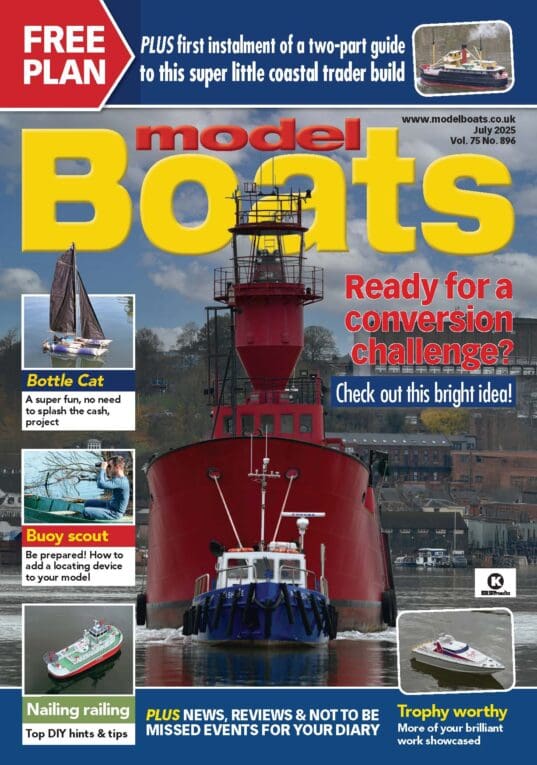Two motors and one ESC
Two motors and one ESC
- This topic is empty.
Viewing 16 posts - 1 through 16 (of 16 total)
Viewing 16 posts - 1 through 16 (of 16 total)
- Please log in to reply to this topic. Registering is free and easy using the links on the menu at the top of this page.
Code of conduct | Forum Help/FAQs
Latest Replies
Viewing 25 topics - 1 through 25 (of 25 total)
-
- Topic
- Voices
- Last Post
-
- Fairey Huntsman 31 1 2 … 5 6
- 14
- 1 week ago
- Todays Boating 1 2 … 210 211
- 84
- 2 weeks ago
Viewing 25 topics - 1 through 25 (of 25 total)




